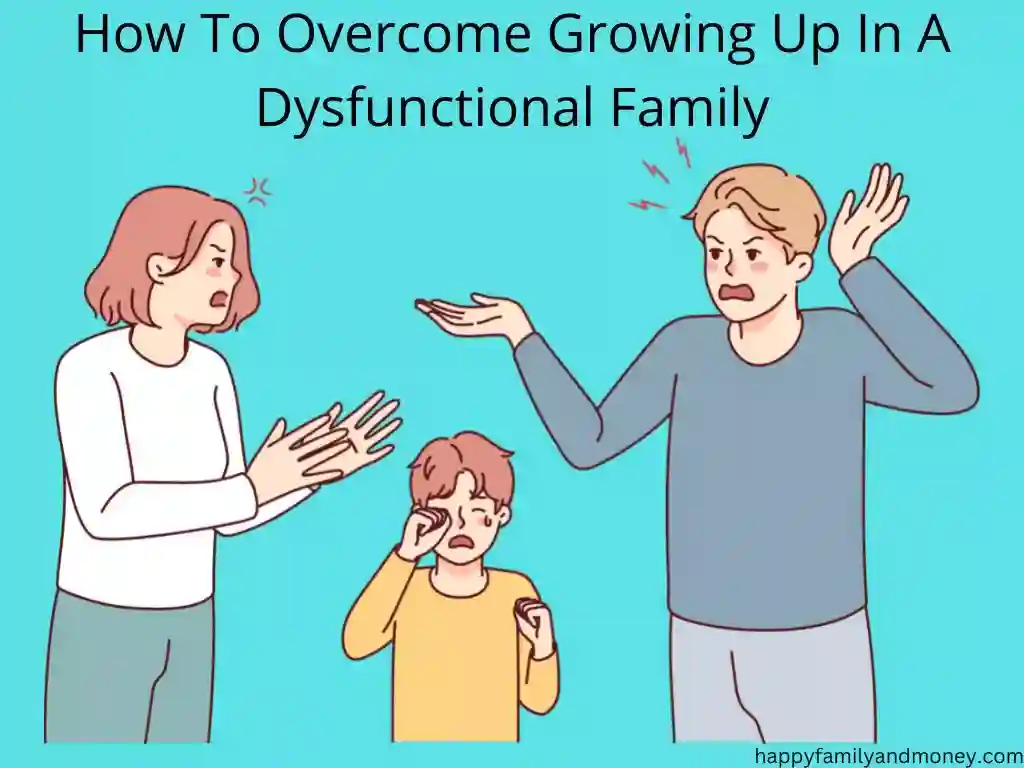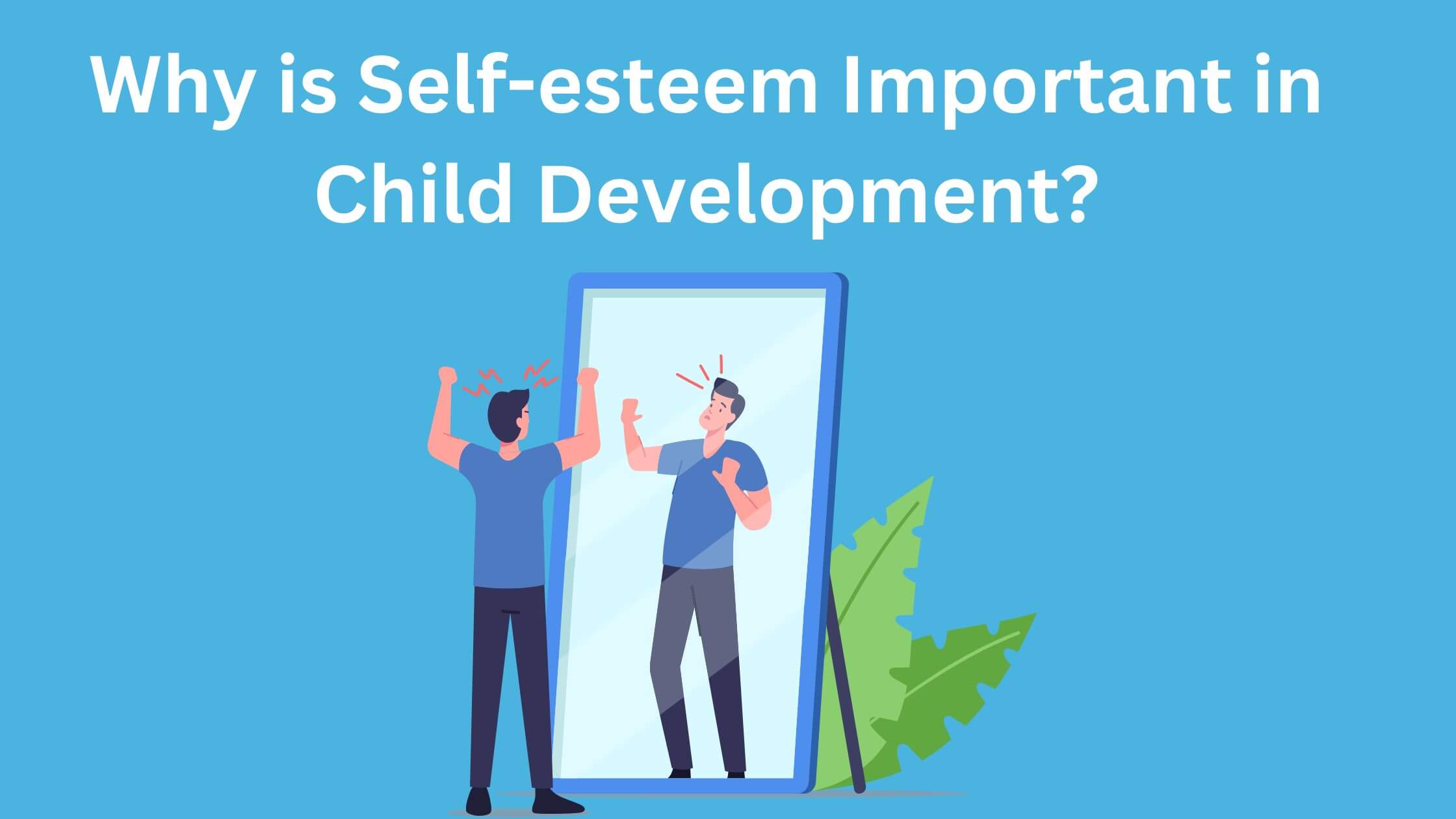Looking for simple ways to improve the happiness and well-being of your family? Practicing gratitude is a powerful tool that can help cultivate a positive and loving environment.
In this blog post, we’ll explore the 14 benefits of incorporating gratitude into your family’s daily routine. Get ready to feel more connected and grateful for the little moments.
Defining gratitude
I’m so excited to share with you the 14 amazing benefits of practicing gratitude within the family! But before we dive into the nitty-gritty details, let’s talk about what gratitude is and why it’s so important in family life.
Gratitude is simply the act of being thankful and appreciative towards someone or something. When we practice gratitude within our families, we foster an environment of positivity, kindness, and appreciation. It’s a powerful tool for building strong relationships, enhancing our emotional and physical well-being, and even boosting our resilience in times of difficulty. In short, gratitude is the glue that holds our families together, and I can’t wait to show you just how transformative it can be.
Importance of Gratitude in Family Life
The following are some of the benefits of practicing gratitude in the family:
1. Reduced stress levels: The positive impact of gratitude on emotional regulation
I can’t stress enough how important it is to manage stress levels in our family life, and practicing gratitude can certainly help with that. As mentioned earlier, gratitude has a positive impact on emotional regulation, which is key to managing stress.
Not only does gratitude help us regulate our emotions better, but it also allows us to focus on the positive aspects of our lives, leading to a more optimistic outlook. By expressing gratitude regularly within the family, we can create a supportive environment that helps everyone cope with stress more effectively.
So, let’s take a moment to appreciate the good things in our lives and encourage our loved ones to do the same, as it can go a long way in reducing stress and promoting emotional well-being.
2. Improved mood: How expressing gratitude enhances positive emotions
Personally, I have found that expressing gratitude is one of the most effective ways to improve my mood.
When I take the time to reflect on the things in my life that I am grateful for, it helps me to shift my focus from the negative to the positive. This in turn enhances my positive emotions, such as happiness, contentment, and joy.
I have also noticed that when I express gratitude to others, it often has a ripple effect. They feel good about themselves and the positive interactions that we have had, which also contributes to an overall positive mood.
I believe that incorporating gratitude into our daily lives is a powerful way to enhance emotional well-being, strengthen relationships, and build a culture of appreciation within the family. By practicing gratitude, we can cultivate a mindset of positivity and joy that will help us navigate life’s ups and downs with resilience and grace.
3. Building new relationships: The power of gratitude in making and strengthening connections
Another powerful benefit of practicing gratitude within the family is the ability to build and strengthen new relationships. By expressing gratitude towards those around us, we open ourselves up to new connections and deepen existing ones.
When we appreciate someone, it encourages us to connect with them on a deeper level and to seek out more opportunities to spend time together.
Additionally, expressing gratitude can help repair damaged relationships and foster forgiveness and understanding. By focusing on what we are grateful for in a person, rather than their flaws or past mistakes, we are able to see them in a more positive light and rebuild trust and closeness. Gratitude truly has the power to transform our relationships with those around us and create a more positive and fulfilling family dynamic.
4. Appreciation of the present moment: Using gratitude to cultivate mindfulness
As a busy mom, I know how easy it is to get caught up in the stress and chaos of daily life. But practicing gratitude has helped me appreciate the present moment and cultivate mindfulness. By focusing on what I am grateful for, whether it’s a warm cup of coffee or a hug from my child, I am able to be more present and mindful at the moment.
This not only benefits me, but it also sets a positive example for my family. By including gratitude practices in our daily routines, such as saying what we are thankful for during dinner, we are all learning to appreciate the present moment and focus on the good things in life.
5. Enhancing physical health: The link between gratitude and better self-care
As I continue to explore the benefits of practicing gratitude within the family, I cannot help but be fascinated by the link between gratitude and better physical health. It is no surprise that expressing gratitude can help us take better care of ourselves, as a grateful mindset drives us to prioritize our well-being. In fact, research shows that gratitude is associated with better self-care practices, such as regular exercise, healthy eating habits, and getting enough rest.
By focusing on the good in our lives, we become more motivated to make choices that promote our physical health. As we continue to cultivate gratitude within our family, I am excited to see how it will positively impact our overall health and well-being.
Check out more of our articles here.
6. Greater resilience: Building inner strength and coping skills through practicing gratitude
I truly believe that practicing gratitude can help build resilience within a family. It’s amazing how expressing gratitude can help us focus on the positive aspects of our lives, which in turn can help us cope with challenges that come our way.
By regularly practicing gratitude, we can develop the inner strength and coping skills needed to face life’s ups and downs. This can be especially helpful for children as they navigate the challenges of growing up.
When we model and encourage gratitude within our families, we can create a supportive environment that helps us all build resilience and face whatever comes our way with a positive attitude.
7. Improved sleep: The role of gratitude in promoting better rest and relaxation
As someone who struggles with getting a good night’s sleep, I’ve been interested in learning about the role gratitude can play in promoting better rest and relaxation. It’s fascinating to see how expressing gratitude before bed can reduce the time it takes to fall asleep, increase sleep duration, and improve sleep quality.
And the benefits don’t stop there—practicing gratitude has also been shown to reduce stress levels and promote emotional regulation, making it even easier to unwind and drift off to sleep peacefully. By prioritizing gratitude as a family, we can all reap the rewards of a good night’s sleep and wake up feeling refreshed and ready to take on the day.
8. Increased empathy and compassion: Developing a deeper understanding and connection with others
Personally, I have found that when I practice gratitude, I am more empathetic toward others. It’s like my heart softens and I am able to better tune into their emotions and experiences. This makes for stronger and more meaningful connections with those around me, especially within my family.
When we express gratitude towards each other, whether it’s verbally or through small acts of kindness, we are able to deepen our understanding and connection with one another. It’s like we are saying “I see you and appreciate you” and that fosters a sense of trust and mutual respect. This not only strengthens our relationships but also cultivates a culture of kindness and compassion within our family.
9. Boosting self-esteem: Using gratitude to focus on personal strengths and accomplishments
Personally, one of my favorite benefits of practicing gratitude within the family is the boost in self-esteem that I feel. By focusing on my personal strengths and accomplishments, I am able to recognize and appreciate my own worth.
This positive reinforcement can be especially important for children and teens who may struggle with self-doubt or low self-esteem. By teaching them to cultivate gratitude and focus on their own strengths, we can help them develop a more positive self-image and a greater sense of confidence.
It’s incredible how something as simple as expressing gratitude can have such a powerful impact on our mental health and well-being. And by incorporating gratitude into our daily family routines, we can encourage one another to see the best in ourselves and each other.
10. Increased optimism and happiness: The overall positive impact of gratitude on well-being
Personally, I have found that practicing gratitude within my family has had a significant impact on my overall well-being. Specifically, I have noticed increased optimism and happiness since regularly expressing gratitude. It’s amazing how focusing on what we have to be thankful for can shift our mindset and bring more positivity into our lives.
I have also observed this ripple effect within my family, as we all become more appreciative of each other and the good things in our lives. It’s truly a powerful tool for creating a happier and more fulfilling life, and I encourage others to try incorporating gratitude into their daily routines as well.
11. Enhancing family bonds: The importance of gratitude in building strong and healthy relationships within the family
I personally believe that family bonds are one of the most important aspects of our lives. That’s why cultivating gratitude within the family is so essential.
When we practice gratitude together, we strengthen the bonds between us and create a deeper sense of connection. It also helps us become more mindful and present with one another, allowing us to appreciate all the little things that make our family special.
When we focus on the good and express our appreciation for each other, it creates a positive environment that fosters love and compassion. Building these strong and healthy relationships through gratitude sets the foundation for a happy and fulfilling family life.
12. Modeling positive behavior: Practicing gratitude as a way to encourage children to adopt positive habits
As a parent, I believe that my children learn best by example. The way I behave and interact with the world around me shapes the way they view and interact with the world. That’s why practicing gratitude is not just important for my own well-being, but also for encouraging positive habits in my children.
When they see me expressing gratitude for the good things in life, they are more likely to adopt this habit themselves. They will also learn to appreciate and value the people and things around them, leading to a more positive and fulfilling outlook on life.
In turn, this positive behavior can spread to others in their social circle, promoting a culture of gratitude and positivity. By modeling gratitude as a way of life, I can set my children up for success and happiness.
13. Fostering a culture of gratitude: Creating a supportive and grateful environment within the family
In my experience, fostering a culture of gratitude within the family can have a transformative impact on our daily lives. By prioritizing gratitude, we create a supportive and positive environment that encourages us to focus on the good things in life. This can lead to better communication, greater empathy and compassion, and stronger relationships within the family.
Whether it’s saying “thank you” after a meal or highlighting the things we appreciate about each other on a daily basis, there are many ways to cultivate gratitude in our daily routines. By modeling positive behavior and actively fostering a culture of gratitude, we not only improve our own well-being but also set the stage for our children to adopt these values and habits in their own lives.
14. Cultivating gratitude in daily life: Practical tips for incorporating gratitude into family routines
As someone who values gratitude, I’m always looking for ways to incorporate it into my family’s everyday life. In this section, I want to share some practical tips for cultivating a daily attitude of thankfulness within your family.
One way is to make saying “thank you” a habit – whether it’s for a kind gesture or a thoughtful gift. Another tip is to encourage family members to share one thing they are grateful for at mealtimes or bedtime.
And let’s not forget the power of written gratitude – keeping a family gratitude journal or leaving notes of thanks for each other can have a profound impact. By incorporating these practices into your family routines, you can create a culture of gratitude that strengthens your relationships with each other and the world around you.
Conclusion
In conclusion, practicing gratitude within a family is a powerful and transformative tool that can help foster strong and meaningful relationships. Not only does it lead to greater appreciation, empathy, and compassion, but it also increases happiness and well-being. By actively incorporating gratitude into our daily routines and modeling positive behavior, we can set the stage for our children to adopt these values and habits in their own lives. Ultimately, gratitude can be a powerful source of connection and joy for any family.










